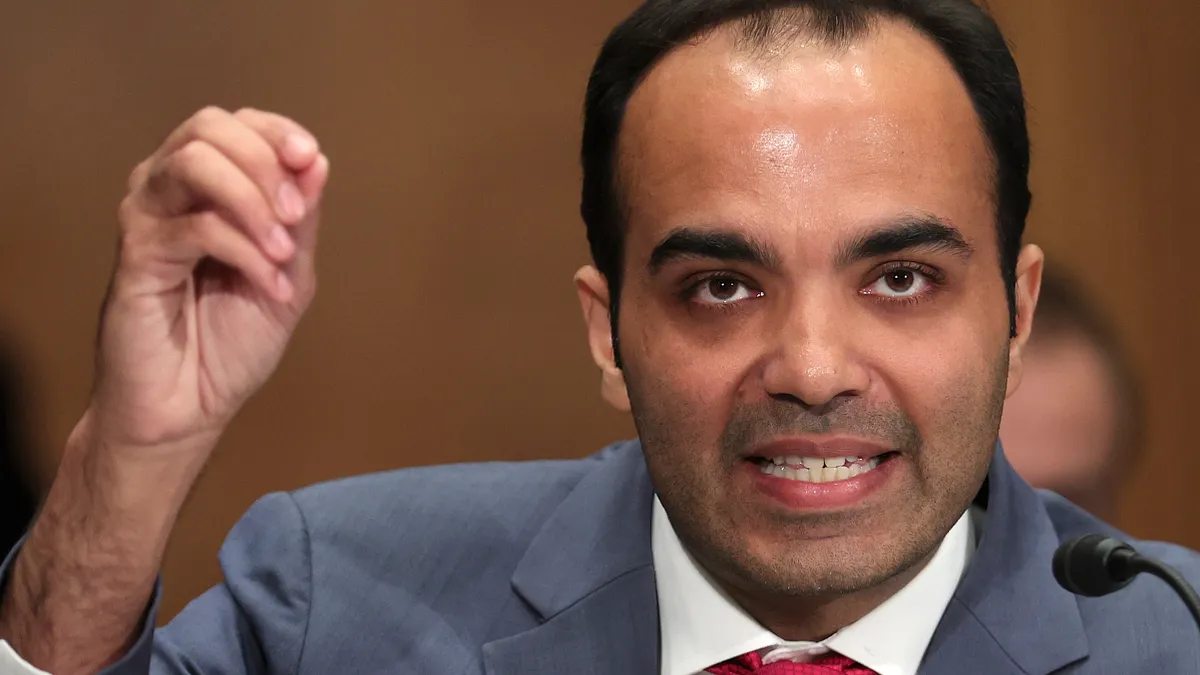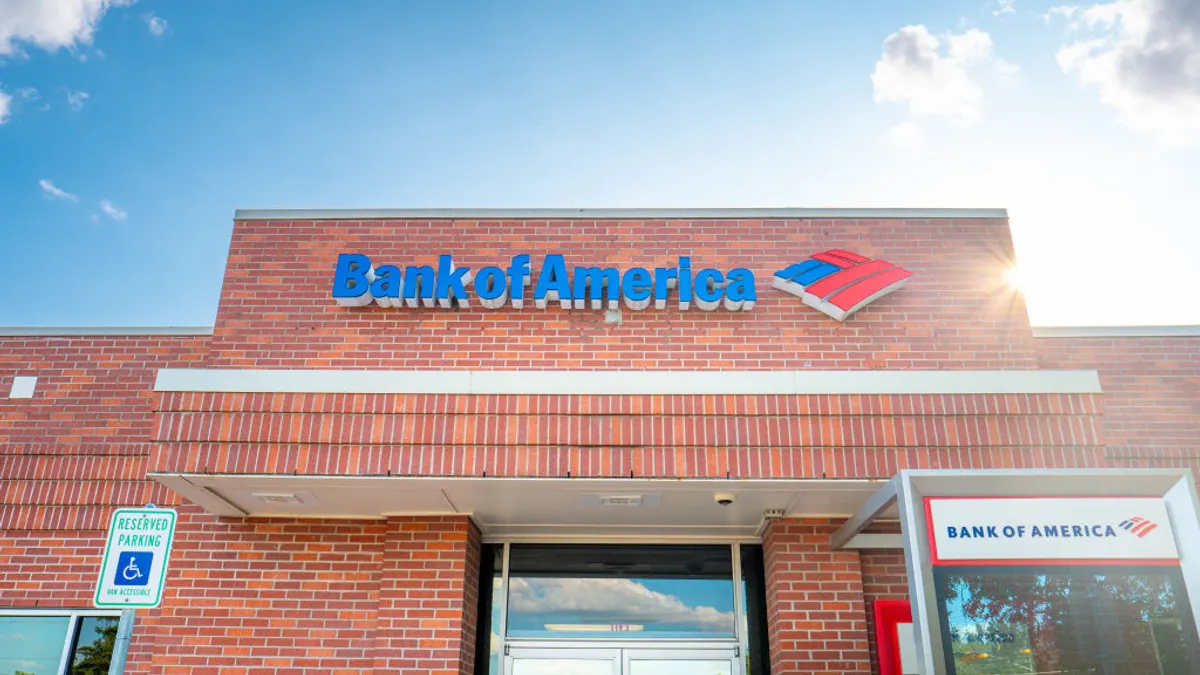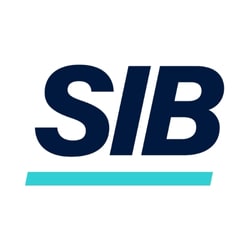The Consumer Financial Protection Bureau announced a final rule Thursday requiring financial institutions to report data on small-business lending to fight unlawful discrimination.
The long-awaited rule, mandated under the Dodd-Frank Act, would capture lending details, including lending decisions, geographic and demographic information of the borrowers and price of credit, the agency said.
“Many local businesses were shuttered during the COVID-19 pandemic after they struggled to obtain credit under the Paycheck Protection Program,” CFPB Director Rohit Chopra said in a statement. “This small-business loan census will give the public key data on this market to ensure that banks and nonbanks are serving small businesses fairly.”
The CFPB was forced to release the final rule Thursday, as a March 31 court deadline was fast approaching. The California Reinvestment Coalition sued the bureau in 2019, prompting the court order.
The final rule includes a major change from a version proposed in 2021. The rule covers banks and lenders that issue at least 100 small-business loans each year — up from 25 loans a year, in the initial proposal. Lenders that originate at least 100 loans every year should start collecting data Jan. 1, 2026, the bureau said.
The bureau is giving a lenders a two-year phase-in timeline. Large lenders that originate at least 2,500 small-business loans a year will begin collecting data from Oct. 1, 2024, while those originating at least 500 loans each year will start April 1, 2025.
Lenders that originate fewer than 100 loans per year will still be required to adhere to fair lending laws, the CFPB said. The rule is applicable to nonbank lenders accounting for approximately $550 billion in small-business financing, the CFPB noted.
The limitations related to data on small businesses became apparent during the COVID-19 pandemic. Now, the data will cover closed-end rules, lines of credit, business credit cards, online credit products, and merchant cash advances by banks, credit unions and other lenders, the CFPB said.
The data will be collected in the same manner as that of mortgage data that lenders usually report under the Home Mortgage Disclosure Act, the bureau said.
Further, community advocacy groups said they look forward to using the data to identify which banks are not catering to the lending demands of Black- and Hispanic-owned small businesses.
"We think it's past time that it comes into being and that a lot of good will come of it," CRC CEO Paulina Gonzalez-Brito told American Banker. "The result will be increased lending and greater scrutiny of banks and who they're lending to, and it allows for fair lending enforcement and for changes in the way [lenders] do business."
The final rule will also work in concert with the Community Reinvestment Act, which requires certain financial institutions to meet the needs of the communities they serve. The heightened transparency is meant to benefit small businesses, family farms, financial institutions and the economy in general.
The Federal Reserve, Federal Deposit Insurance Corp. and the Office of the Comptroller of the Currency are working to revamp the CRA, and the data collected as part of the CFPB’s final rule would help this process, a senior CFPB official told American Banker.
The CFPB’s final rule has also moved away from the 2021 proposed rule, which would have pushed loan officers to identify an applicant’s race or ethnicity, a prospect that led to notable backlash.
The rule now indicates that loan officers do not have to make their own determination of an applicant’s race, ethnicity or any other demographic information.
“Small businesses will be able to self-identify as women-, minority-, or LGBTQI+-owned,” the agency said.
Under the statute, small-business applicants can deny providing the data, but the bureau plans to use its supervisory and enforcement authority to make sure that lenders are not discouraging a borrower from doing so, a senior CFPB official told American Banker.
The agency is still examining ways to address privacy concerns and will continue to ask for public feedback on privacy issues.
"We're obviously still in the design phase of that," Chopra told American Banker. "There's no data yet, so once we get that we're going to look at privacy [and] figure out how we will be able to publish summary data, loan-level data and everything in between."
He added that more work needs to be done so that individuals do not get “reidentified in the process” from the data collected.
Rep. Patrick McHenry, R-NC, chairman of the House Financial Services Committee, called the rule “disastrous” since it would limit credit and impose a burden on small lenders.
In a statement Thursday, he threatened to hold the CFPB accountable for “harmful rulemaking” while the House panel explores options to ensure this rule does not take effect.
"By imposing overly burdensome reporting requirements on smaller lenders, Director Chopra is jeopardizing the privacy and security of small-business owners' personal and financial data,” he said.















